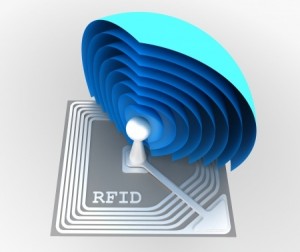In our previous blog about industry 4.0 we discussed smart factories. We got a couple of responses. Many of them where questions so we decided to bring a bit more light into the buzz word tunnel.
What are we having today?
Today many manufacturers produce very large quantities. Economies of scale are important is the key focus and they mainly produce what they think they can sell. If for example clothing’s are produced in China and they have a logistics problem the products might arrive in the UK at the wrong season. The companies can’t sell them anymore and so they end up in second and third markets.
The second and maybe even more important point is that all products get manufactured in straight production lines. They are very cost effective and predictable but they are not flexible. If any tool is broken the line stops, if material is late production stops, if workers are on strike…
smart manufacturing
 The difference in a smart factory is that they just produce to order. Now you say all furniture nowadays gets made to order and thats why you have to wait for your new couch 8 weeks before it arrives. Yes you are right – and there comes the “smart” part of the manufacturing process into play.
The difference in a smart factory is that they just produce to order. Now you say all furniture nowadays gets made to order and thats why you have to wait for your new couch 8 weeks before it arrives. Yes you are right – and there comes the “smart” part of the manufacturing process into play.
Lets stay with the example of your couch. You by it online, click through the different types, choose your fabric, measurements, colour and provide delivery details. From now one everything in the factory could go completely automated. Because yo’ve created a data record which could now be implemented on a computer chip (NFC / RFID / QPR) and put on you order. The order arrives at the factory and with the information on the chip they start to build the base frame. From now on the information on the chip guides the base frame through the factory. It goes to string the fabric, moves to despatch and packaging and finally arrives at your door.
The chip doesn’t only provide the order of production steps. Since it knows what’s next it could also calculate which work station (of course all obliged with a chip) will be the next one to be free. And if all products, machines and delivery systems talk to each other you can hold back one product if you could finish two others and send them away with the next transport and so on. Smart factories will lose the actual queuing systems. Everything will be calculated via complex algorithms. So if you buy your couch online one of the questions will be if you would pay extra for fast service. If you do your couch would be speeding through production.
The topic is very complex and a lot of things have changed in the past two years. Please feel free to send us questions and we will answer them in the next blog.